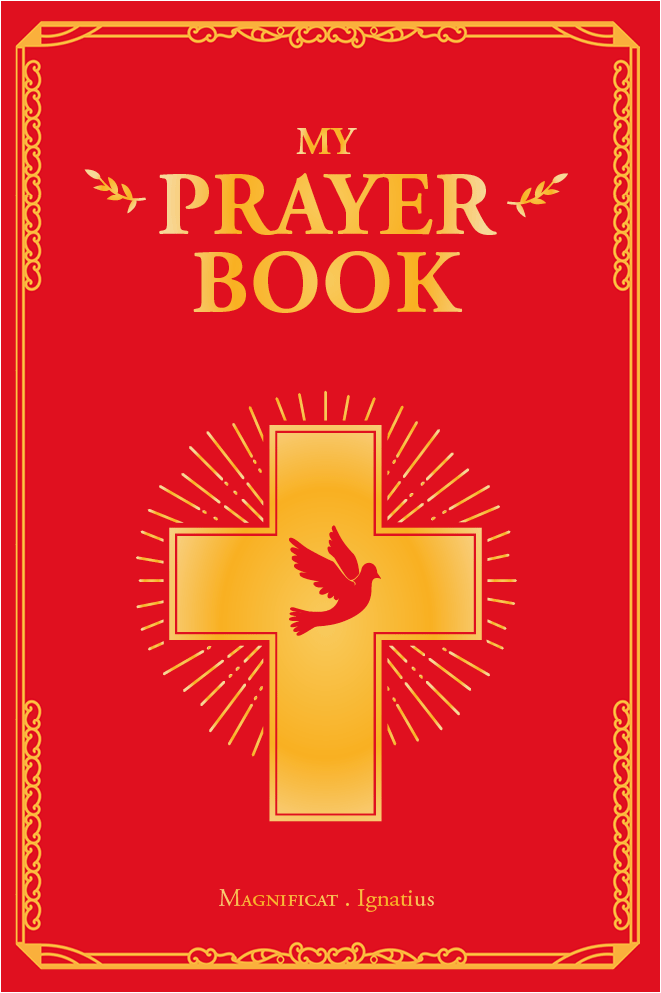At the age of 71, my mother frequently sees a variety of doctors (and fortunately is blessed with good health). She’ll tell my two sisters and me that, while sitting in the waiting room, an aide young enough to be her child (or even grandchild) will come to the door and call, “Joyce? The doctor will see you now!” My mom cannot believe that these young people, some of whom have never seen her before, would call her by her first name. She laments, “Why can’t they show an old woman a little respect?” She’ll tell us that in her day, no one would address an elder by anything other than “Mr.” or “Mrs.” Today, one of the consequences of our society having become increasingly casual, in so many ways, is that titles of respect such as “Mr.” or “Mrs.” are more and more cast aside.
Bernadette and Our Lady of Lourdes
A noticeable detail in 14-year-old Bernadette Soubirous’ account of her visions of the Blessed Virgin Mary at the grotto at Lourdes in France, is the manner by which she was addressed. The young woman in white addressed Bernadette not with the informal “tu” that an adult would use towards a child, but the more polite and respectful “vous.” Bernadette, the daughter of poor peasants, found this formal form of address to be all the more impressive to her.
Unlike the French, we Americans do not have a way in the English language to distinguish between the informal and formal “you.” Thus, our way of conveying respect to someone is generally through our actions or our tone of voice. Does a person’s standing in society determine how we convey respect to him or her? For instance, do we speak the same way towards a janitor as we would towards a doctor? Do we believe a wealthy individual should be accorded more respect than a homeless person? Since we have all been created by the same one God, and are therefore children of God, we cannot but regard each person as a brother or sister, as difficult as that can often be. The homeless woman on the street or the disabled child in a wheelchair deserves the same degree of courtesy as the wealthy celebrity figure or corporate executive. Human dignity is a right accorded to each of us by God, and our status or abilities cannot determine the amount of respect to which we are entitled.
Mary spoke to Bernadette with respect, and God regards each one of us in the same way. We have the capacity to love and respect others as an ability that has been bestowed upon us by God. When we begin to grasp the truth of how God treats each of us—that his love for us never ceases or diminishes, that his respect towards us is constant and continuous—we are then better able to be open to a transformation of heart in our behavior towards all others.
In order to be respectful towards our brothers and sisters, there must be proper respect for oneself. Much in the same way that we cannot fully love another person without first loving ourselves, a respect for the body, mind, and spirit has to exist and be nourished in order for us to honor the life around us. That respect for and love of oneself can lead to a similar honoring of others. A courteous consideration towards our neighbor is derived from self-respect. Simple acts of kindness towards others can easily become a habit.
The results of respect
When we respect all of life, from the unborn to the dying, we honor Jesus and follow his commandments.
Throughout the Scriptures, we hear God’s voice commanding us to show respect: “Rise in the presence of the aged, show respect for the elderly and revere your God” (Lv 19:32); “Honor thy father and mother” (Dt 5:16); “Whoever welcomes one such child in my name, welcomes me” (Mt 18:5); “Show proper respect to everyone” (1 Pt 2:17).
When Bernadette Soubirous was older, she became a nun. She was always very humble, and, more than anything else, desired not to be praised. Once a nun asked her if she had temptations of pride because she was favored by the Blessed Mother. “How can I?” she answered quickly. “The Blessed Virgin chose me because I was the most ignorant.” What humility! As the Blessed Mother addressed the young Bernadette with the courteous and respectful vous, so she addresses each of us with the same honor, respect, and love.
©Magnificat October 2000










